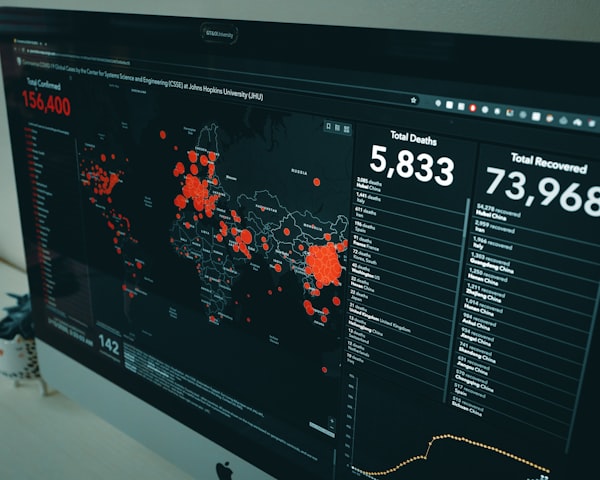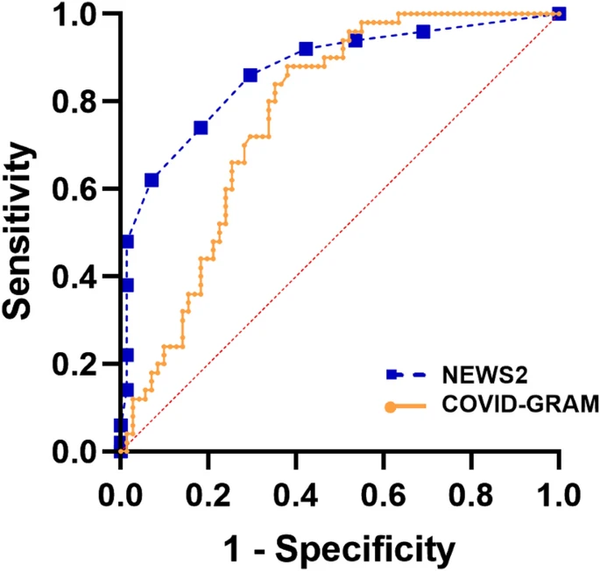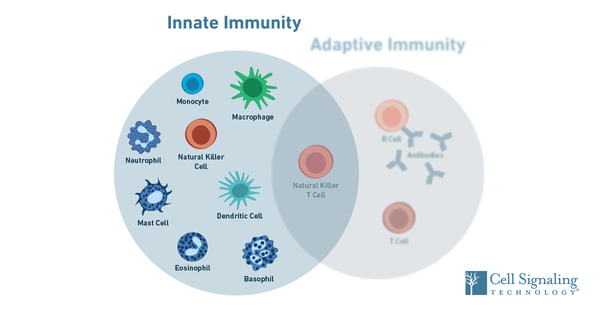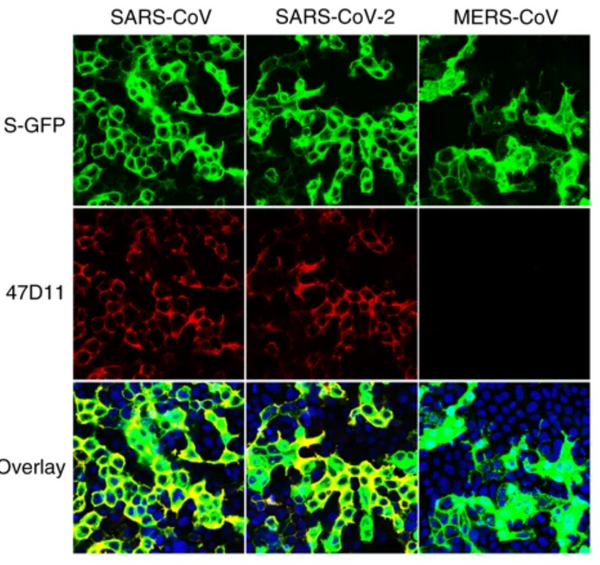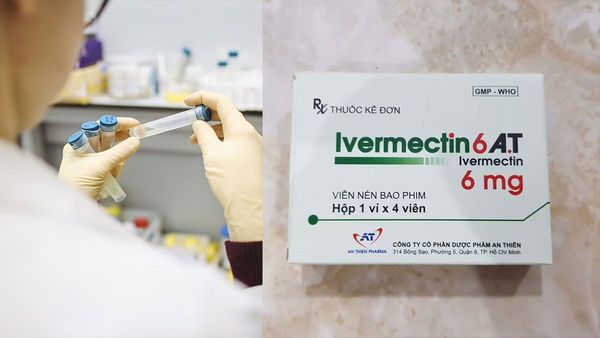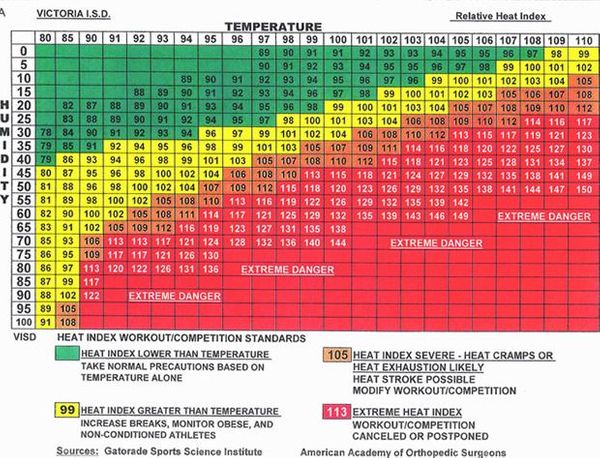- Human common cold CoV (hCCCoV) antibodies before and after SARS-CoV-2 infection was assessed
- Betacoronavirus hCCCoV antibodies are boosted after SARS-CoV-2 infection
- Baseline hCCCoV antibodies do not protect against SARS-CoV-2 infection
- Conclusion: Pre-existing hCCCoV antibodies may hinder effective immunity against SARS-CoV-2
Summary
SARS-CoV-2 infection causes diverse outcomes ranging from asymptomatic infection to respiratory distress and death. A major unresolved question is whether prior immunity to endemic, human common cold coronaviruses (hCCCoV) impacts susceptibility to SARS-CoV-2 infection or immunity following infection and vaccination. Therefore, we analyzed samples from the same individuals before and after SARS-CoV-2 infection or vaccination. We found hCCCoV antibody levels increase after SARS-CoV-2 exposure, demonstrating cross-reactivity. However, a case-control study indicates baseline hCCCoV antibody levels are not associated with protection against SARS-CoV-2 infection. Rather, higher magnitudes of pre-existing betacoronavirus antibodies correlate with more SARS-CoV-2 antibodies following infection, an indicator of greater disease severity. Additionally, immunization with hCCCoV spike proteins before SARS-CoV-2 immunization impedes generation of SARS-CoV-2 neutralizing antibodies in mice. Together, these data suggest pre-existing hCCCoV antibodies hinder SARS-CoV-2 antibody-based immunity following infection and provide insight on how pre-existing coronavirus immunity impacts SARS-CoV-2 infection, which is critical considering emerging variants.
Full PDF
https://www.cell.com/action/showPdf?pii=S1931-3128%2821%2900570-9


